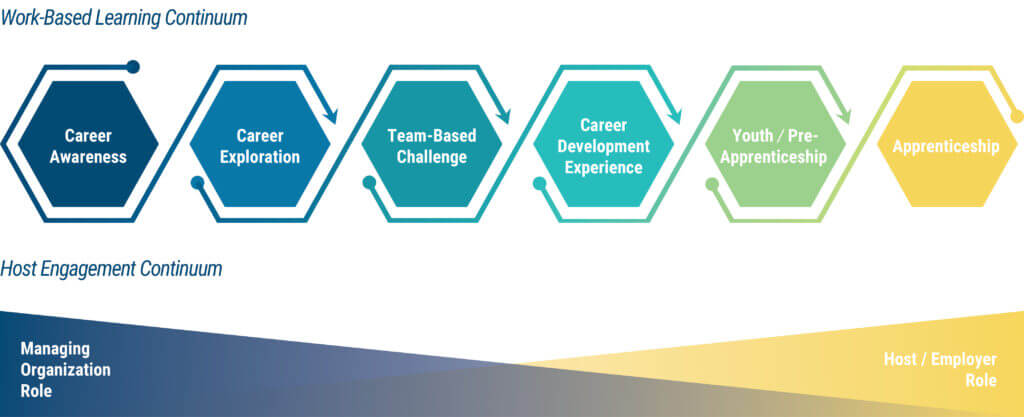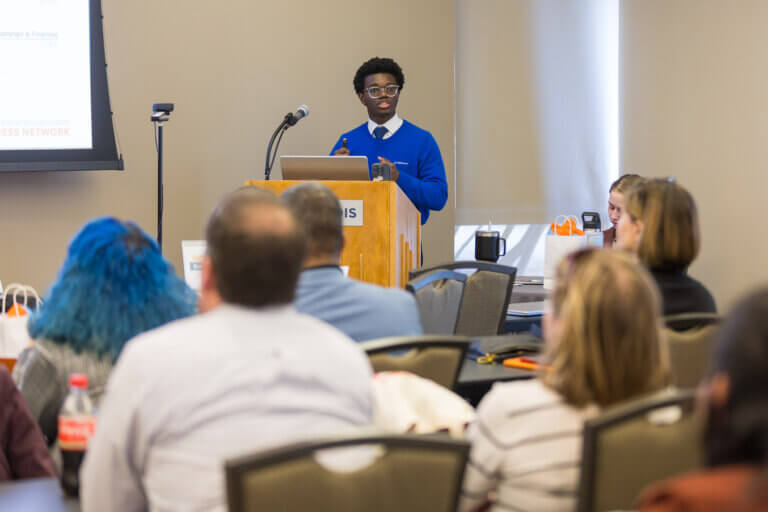Work-based learning programs are a unique framework designed to emulate the social and interpersonal skills we develop in the working world, while also incorporating educational standards respective to a career pathway. This revolutionary model supports social capital growth in students, broadening a horizon of opportunities and cultivating necessary people-person skills vital to a student’s success beyond high school and into the workforce.
What Is Social Capital?
According to the Christensen Institute, social capital refers to a student’s ability to mobilize their relationships and strengthen social skills to further their access to opportunities and success. These skill sets can translate to advancing educational and career goals for students, notably the transition from secondary to postsecondary enrollment. While schools and programs that support work-based learning emphasize the importance of interpersonal skills, networking, and building professional relationships, these institutions will often consider these assets as soft skills and treat them as a necessary input for successful work-based learning.
Contrary to this misconception, the development of these social assets, otherwise known as social capital, is actually the most fundamental outcome of work-based learning. Throughout internships, apprenticeships, or jobs, students learn how to manage the social workings of the world around them. Thus, the concept of social capital should not be considered a prerequisite to successful work experience. Rather, it is a valuable skill that continuously develops and refines through the experiences of young people in the working world.
Building Social Capital Through Work-Based Learning
According to Here to Here, students from high-income families tend to have better access to professional connections, college preparation, and more connections to family or family friends with high-income professions, compared to their low-income counterparts. However, because low-income students often lack familial connections, they are more likely to reach out to teachers or staff at schools with questions about college or careers, instead of their parents.
Exposure to adult mentors is essential to shaping students’ career aspirations and trajectories. Developmental relationships drive everything from higher grades to persistence in school. Engaging in work-based learning experiences places social capital back into the hands of students and provides access to opportunities to shape their interpersonal skills, which are critical for workforce readiness.

Social capital can be developed all throughout Illinois’ work-based learning continuum, starting with career exploration. As students familiarize themselves with professionals in their fields through opportunities such as career fairs and job shadowing industry mentors, they develop the interpersonal skills and professional relationships needed to build social capital. As students continue throughout the continuum and complete more intensive experiences, such as internships, they will likely have sustained interactions with professionals. According to Brookings, these experiences culminate into permanent social capital and enable students to overcome barriers to college and careers. Furthermore, these connections open new channels to job opportunities, connections to different organizations, and easier referrals for higher-paying jobs and social mobility.
How Can You Support Students?
Educators can easily incorporate exposure to college and career building and simultaneously reinforce the necessity of building social capital. As a student, here are several ways I’d like to have opportunities to build social capital:
Alumni Programs
Building a close connection with alumni allows schools to better understand what prepared students for careers and what didn’t. College and career readiness doesn’t simply end after high school, and students connecting with alumni from similar cultural and socioeconomic backgrounds encourage postsecondary attainment.
Career Fairs
Hosting workshops, career fairs, and speaker events with professionals in their field exposes students to the diversity of careers and encourages students to explore pathways that best suit their strengths. Having opportunities to learn from professionals in their field connects students directly with adults in different careers. This allows students who may not have familial or proximal relationships to adults in high-paying professions to receive the exposure they need to explore high-income fields. As educators, it is also necessary to invite professionals with diverse cultural, racial/ethnic, and gendered backgrounds. For example, exposing students to women working in automation and industry deconstructs gender barriers in occupations. Career fair opportunities should also focus on addressing barriers in occupations, and how students can avoid being dissuaded from certain careers due to the predominant demographic.
Personal Reflection
Though it’s important to quantify the amount of connections you build as a student, it’s equally necessary to assess the quality of relationships students have. Simple questions such as “Who can provide you with college insight?” or “Who would you rely on the most for help?” allow me to assess the structure of my connections and identify areas of improvement early on. Furthermore, this allows students to strengthen their ability to create long-lasting relationships and practice communication within their network.





